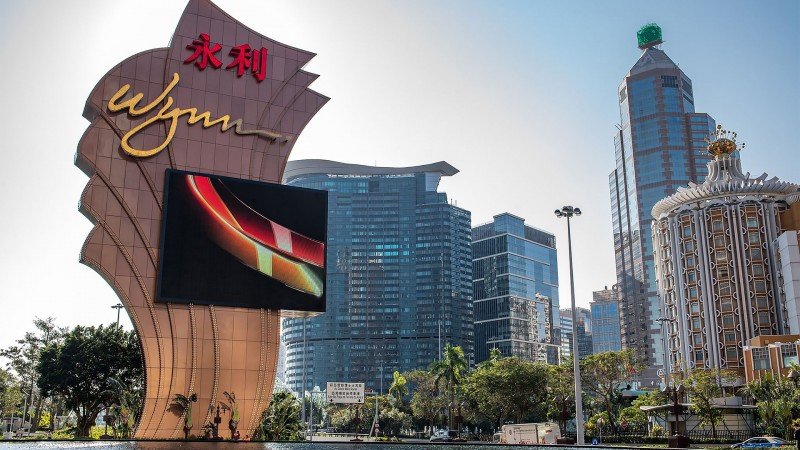Wynn Resorts obtains $1.5B loan following record stocks drop in Macau

As stocks in casino operations in Macau fell following China's announcements of increased government control in the region earlier this week, now Wynn Resorts Ltd. has obtained a $1.5 billion credit line from Bank of China Ltd.
Concerns about new regulations saw gambling venues in Macau facing a record $18.4 billion loss in combined market value as their stocks sunk on Wednesday: in the case of Wynn Macau Ltd, it fell 29%, the steepest decline ever for the company, and an additional 4.7% on Thursday.
On top of the $1.5 billion credit line, the agreement with the Bank of China also allows Wynn to borrow an additional $1 billion under certain conditions, reports Bloomberg. According to the company, these funds will be used to refinance debt at Wynn Macau and its subsidiaries, as well as to pay for “ongoing working capital needs and for general corporate purposes.”
The record loss for a single day set earlier this week in Macau responded to China announcing tightened restrictions on operators on Tuesday, including the appointment of government representatives to supervise Macau companies.
Starting Sept. 15, a 45-day public consultation period began on China’s enclave, the only place in the country where gambling is legal. Among the revisions to be discussed is how many licenses should be allowed, for how long their terms will last, and the level of government supervision. Macau’s casino licenses are up for rebidding next June.
Wynn Macau Ltd. wasn’t the only operator hit by the news. Sands China Ltd. fell up to 33% on Wednesday, while Galaxy Entertainment Group saw a sharp 20% drop. MGM China, SJM and Melco Entertainment also fell heavily said day, as uncertainty took over.
The news on the consultation period and changes to come were delivered by Macau’s secretary for economy and finance, Lei Wai Nong, citing deficiencies in the current industry supervision process.
It still remains unclear how the license rebidding process will be judged, but it didn’t prevent stocks from falling and Hong Kong stock analysts from downgrading their view of near-term prospects for casino operators in the region.
In addition to the appointment of government representatives for the enclave, China is also proposing an increase in local shareholdings of casino companies. The consultation will also include areas such as employee welfare and rules on how profits are distributed to shareholders.
The new gambling revisions are part of an ongoing “crackdown” effort, which is also affecting other sectors of China’s economy, from technology to education, with increased regulations and taxes.


















































